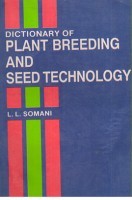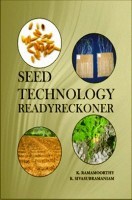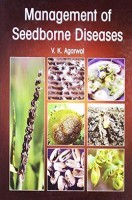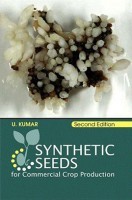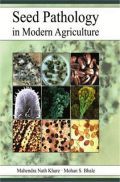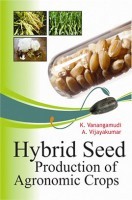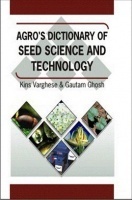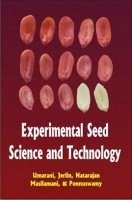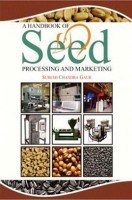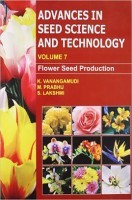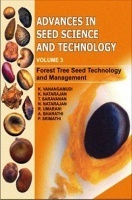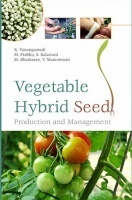A Handbook of Seed Certification by Mishra DK, Khare D, Bhale MS, Koutu GK
Book Summary:
Availability of foods grains per person has increased from 452 g per capita per day to over 476 g per capita per day, even as the country's human population almost doubled from 548 million to about 1025 million. This could have been possible due to the positive efforts of agricultural research and extension policies and availability of matching technologies for nutrient-water-soil-stress management with high yielding varieties of crop plants. The continued availability of food grain also depends upon the supply of quality seeds to the end-users. The quality seed remains the architect of evergreen revolution under Indian perspective. The sowing-seed-quality is governed by several factors and demands a vigilant-eye on maintenance of utmost quality at every step of its production and distribution.
Audience of the Book :
This book Useful for Seed Tecnology.
Table of Contents:
-
Seed in India: Present and Future
-
Seed Production System in India
-
Seed Policy and Legislation in India
-
An Introduction of PPV and FR Act 2001
-
Agronomical Consider During Seed Certification
-
Certification for Objectionable Seed Born Disease
-
Objectionable Weed in Seed Quality Control and their Management
-
Seed Processing
-
Receipt and Registration of Samples
-
Physics Purity Analysis
-
Seed Germination Testing
-
Seed Viability
-
Seed Moisture Testing
-
Seed Health Testing
-
Field Inspection
-
Testing of Genetic Purity
-
Seed Certification of Soybean
-
Seed Certification in Wheat
-
Seed Certification of Oil Seed Crop
-
Seed Certification of Maize, Sorghum and Pearl Millet
-
Certification of Gm Crop with Special Reference to Bt
-
Seed Certification Standard of Rice
-
Seed Certification of Chickpea
-
Recent Advance in Seed Certification of Forage Crops
-
Hybrid Seed Production
-
Revised Notified Seed Certification Standard







